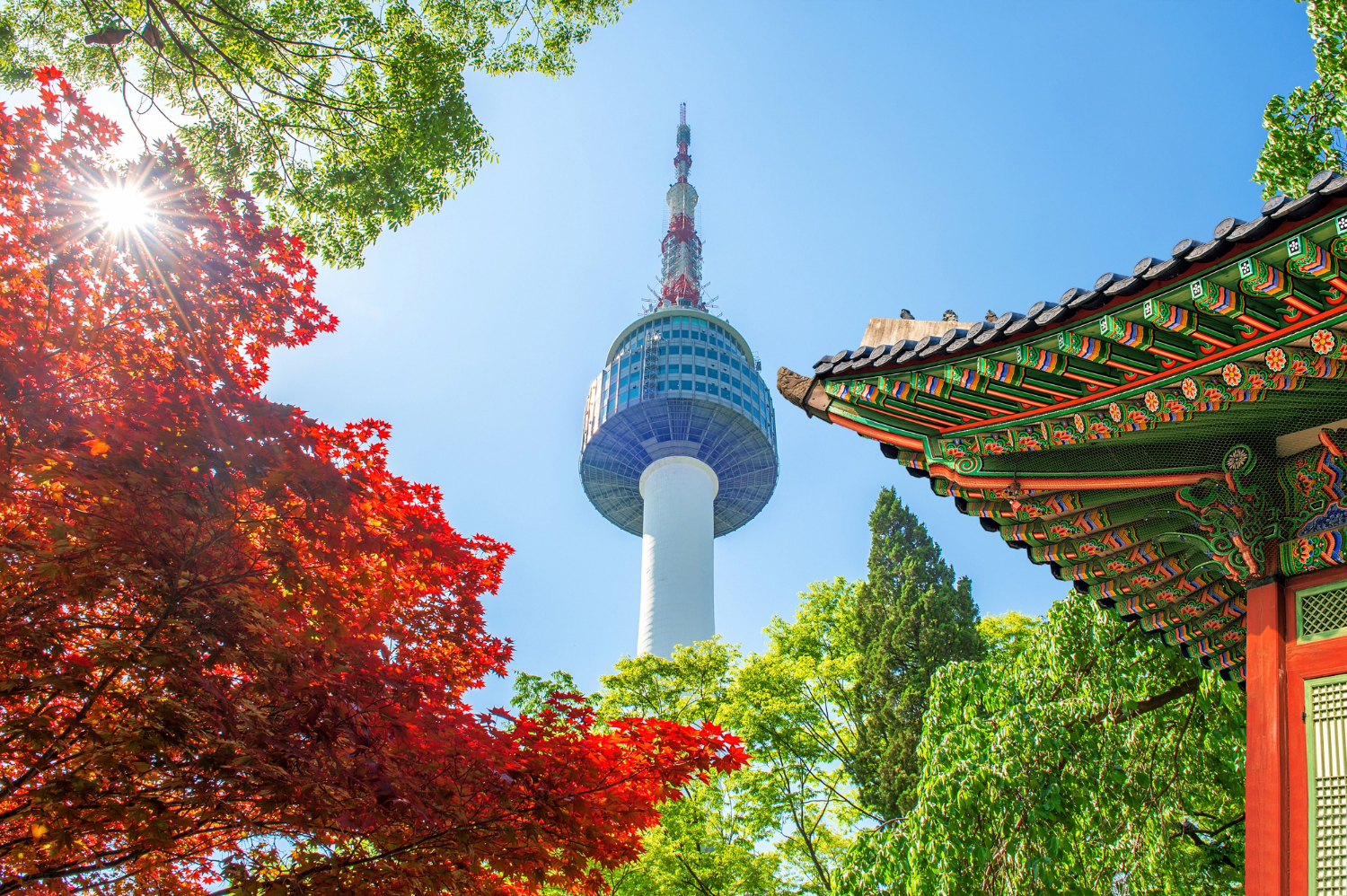
In recent years, South Korea has demonstrated a strategic pivot in its tourism policy by promoting halal tourism, especially in metropolitan areas like Seoul. While the primary goal of this policy is clearly to tap into the growing global Muslim travel market and enhance economic gains, a deeper analysis reveals that the policy’s impact extends well beyond the financial realm. The social implications, though less quantifiable, are profound, transformative, and warrant critical attention from policymakers, business developers, and social planners.
A Policy Rooted in Economic Strategy
Halal tourism, by definition, aims to accommodate Muslim travellers through services that comply with Islamic principles, such as halal food options, prayer facilities, and culturally sensitive hospitality. The South Korean government, recognizing the burgeoning population of Muslim travelers from Southeast Asia and the Middle East, adopted this policy to boost tourism revenue and diversify its tourist demographics. This economic strategy is supported by infrastructural upgrades, cultural sensitivity training for service workers, and promotional campaigns targeting Muslim-majority countries.
Unintended Yet Positive Social Ripple Effects
What began as an economically driven initiative has evolved into a powerful tool of social transformation. According to a qualitative study based on interviews and literature reviews, the most significant social impacts can be observed in areas such as intercultural exchange, social integration, and demographic shifts.
1. Cultural Exchange and Social Interaction
One of the most immediate and visible social impacts is the increase in cultural exchanges between local South Koreans and Muslim visitors. Tourism often acts as a catalyst for mutual understanding, and halal tourism in particular introduces Korean society to Islamic customs, values, and lifestyles. From local vendors learning Arabic greetings to students exploring Islamic history, the layers of interaction foster greater empathy and cultural literacy.
2. Emergence of Muslim-Friendly Communities
In response to increasing demand, certain neighbourhoods and businesses in South Korea have begun to develop Muslim-friendly infrastructure and services. This has encouraged not only tourism but also longer-term migration and residency by Muslims, including expatriates, students, and business professionals. Over time, this has led to the emergence of small but vibrant Muslim communities in urban centres, with new mosques, halal restaurants, and Islamic centre’s acting as social hubs.
3. Demographic and Religious Landscape Transformation
Perhaps the most significant yet under-explored impact is the demographic shift resulting from increased Muslim presence. Some visitors, drawn by South Korea’s openness and opportunities, have opted to stay long-term. Others have found spiritual resonance, with reports indicating a rise in local conversions to Islam. While this remains a minority trend, its implications for the country’s cultural and religious landscape are substantial.
Implications for Policy and Business Development
As a Business Developer and Project Manager, the insights from this policy experiment are invaluable. Halal tourism serves as a case study in how economic policies can generate long-term social effects, often beyond the scope of initial KPIs. Project planners and developers must adopt a multidimensional evaluation framework, considering cultural, demographic, and social dynamics alongside traditional financial metrics, to effectively manage projects.
Moreover, for businesses operating in the tourism and hospitality sector, this presents an opportunity to innovate and diversify. Creating inclusive services, investing in staff training on intercultural communication, and collaborating with Muslim community leaders can lead to stronger brand loyalty and market differentiation.
Conclusion
The South Korean halal tourism policy illustrates that tourism is not merely an economic instrument but a social architect. As Muslim-friendly tourism continues to grow, its ripple effects will shape the societal fabric of host countries in profound ways. These effects include cultural empathy, social integration, and even religious diversity. South Korea’s experience underscores a critical lesson: when designed with inclusivity and foresight, tourism policies can become powerful tools of both economic progress and social enrichment.



